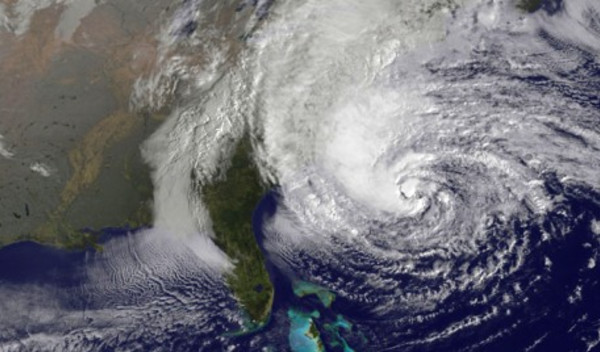

Cuts to savings rates have outweighed rate increases for eight months, giving financial experts reason to believe savers are being given a raw deal.
Figures from personal finance data firm Moneyfacts revealed there were a staggering 156 rate decreases in May, sometimes falling by as much at 2 per cent, versus just 18 rate increases.
Help to Buy Isas faced the worst cuts last month, falling to 3 per cent from the 4 per cent rate when first launched.
Charlotte Nelson, spokeswoman at Moneyfacts, said a promising government savings initiative has failed to deal with savers’ main problem: the never ending rate reductions.
With only one rate increase being recorded for every nine cuts, she said savers would be right to expect rates to continue to slide in the foreseeable future.
A third of all rate reductions last month fell on Isas, with the average easy access Isa rate sliding by 0.11 per cent in six months to stand at just 0.98 per cent, which Moneyfacts stated is the first time on record it has fallen below 1 per cent.
Moneyfacts data followed figures from the Investment Association, which found sales of Isa funds had fallen by £1.1bn during the 2015 to 2016 financial year.
Industry figures have claimed the pensions “fire sale” was behind the sharp 42 per cent fall in fund flows into Isas.
Ms Nelson said: “There is no denying that savers are facing hard times, but this does not mean they should be content to let their money languish in poor paying accounts.
“There are good deals out there, but savers will need to keep a close eye on the best buy tables to find a deal that will bolster their returns in a market that is very much under siege.”
Dan Elkington, independent financial adviser at Lincolnshire-based Chattertons Solicitors, pointed out the old ‘cash is trash’ investment adage.
He said: “Saving in cash doesn’t really help the economy, because it relies on bank lending, and the banks need to focus on shoring up their balance sheets and keeping depositors’ assets safe.
“Low rates incentivise savers to look at bonds, equities and so on for producing a good return, which does help the economy to keep ticking over.”
Tony Catt, compliance director at Anthony Catt Limited, added: “The banks would argue that the base rate is low, but that does not stop them from charging far higher rates for borrowing.”
He argued banks should be forced to decouple savings rates from the base rate, and perhaps go more in line with the mortgage standard variable rate, or even other borrowing rates.
katherine.denham@ft.com



